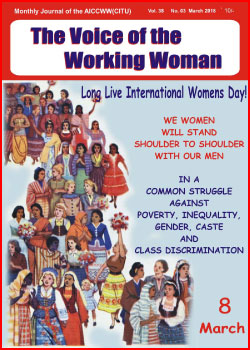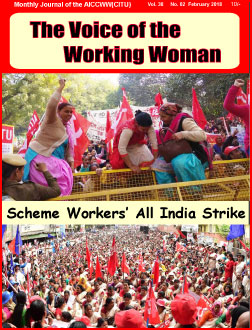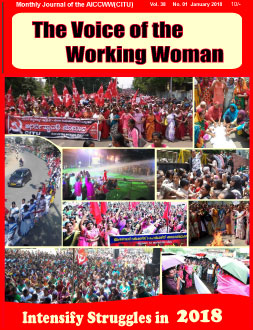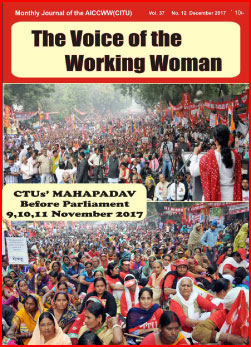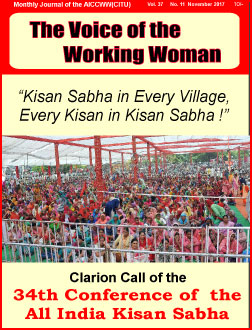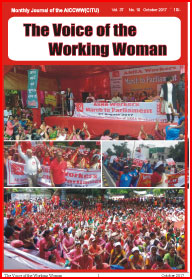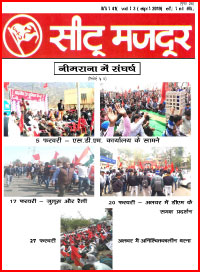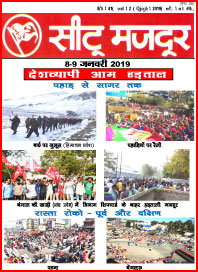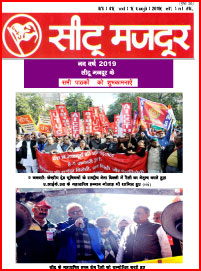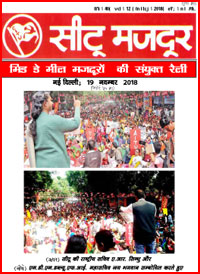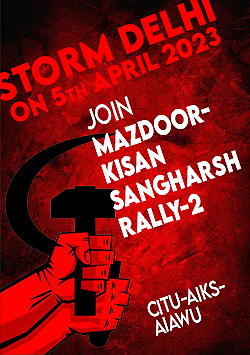Super User
Tuesday, 09 April 2019 07:36
2018 March
Published in
The Voice of the Working Women
Tagged under
Tuesday, 09 April 2019 07:35
2018 February
Published in
The Voice of the Working Women
Tagged under
Tuesday, 09 April 2019 07:30
2018 January
Published in
The Voice of the Working Women
Tagged under
Tuesday, 09 April 2019 07:26
2017 December
Published in
The Voice of the Working Women
Tagged under
Tuesday, 09 April 2019 07:24
2017 November
Published in
The Voice of the Working Women
Tagged under
Tuesday, 09 April 2019 07:07
2017 October
Published in
The Voice of the Working Women
Tagged under
